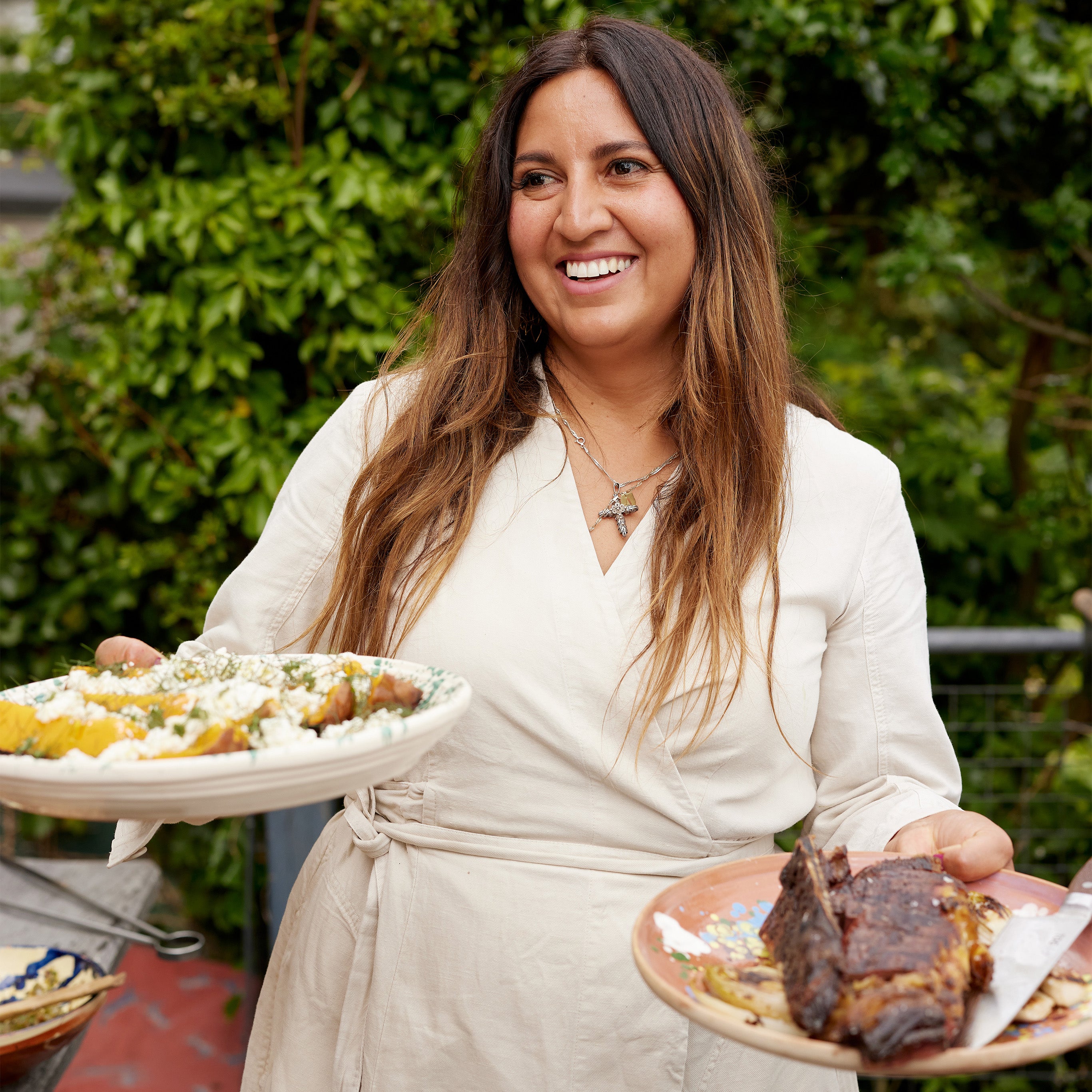
I'm Bert, designer of TOG Knives.
When I began researching handle materials for my Knives, I looked into a wide range of interesting products and tested numerous prototypes. I wanted something that was both natural and sustainable, whilst withstanding the tough environment of a commercial kitchen, a stark contrast to a domestic kitchen. It was particularly important to me that the material would last for decades and remain aesthetically pleasing and interesting.

I was introduced by a friend to Kebony, a Norwegian company which has developed a high quality ‘modified’ wood used for a range of different products including architectural cladding and flooring. Sustainability has become an increasingly pressing concern for both individuals and developers; Kebony has gained a strong foothold in the timber market, providing a product that offers all the structural benefits of tropical hardwood while diverting demand away from tropical deforestation.
The reason I love Kebony is due to its impressive characterises, providing all the properties I was after for a knife handle. When succumbed to water, Kebony wood doesn’t expand, contract or warp like other woods. As a result the handle always feels smooth and flush with the blade. It still contains the beautiful grain of the wood as it is not crushed during processing. Owing to the natural qualities of the product every knife has a different grain and colour.


Our friend Adrian Pye, International Sales Director at Kebony kindly explains the technical wizardry behind Kebony for us:
"The patented technology is a unique process which permanently enhances the properties of sustainable softwood with a bio-based liquid derived from agricultural crop waste. By polymerising the wood’s cell walls, the wood gains greatly improved durability and dimensional stability, giving it characteristics similar to those of tropical hardwood."
So there you go. Also, Kebony is produced from timber grown in FSC forests in Europe, meaning the trees are replaced as they are cut down. Adrian explains;
"Kebony’s technology is fully compliant with EU Timber Legislation, and its environmental credentials have been proven by environmental consulting firm Bergfald & Co which demonstrated that Kebony has a substantially lower carbon footprint than its tropical hardwood equivalents."
Kebony is undeniably expensive (as Adrian will admit!), but with TOG, my mission was to produce the best kitchen knives, not the cheapest.
By Bert Beagley-Brown
The Knifemaster @togknives




